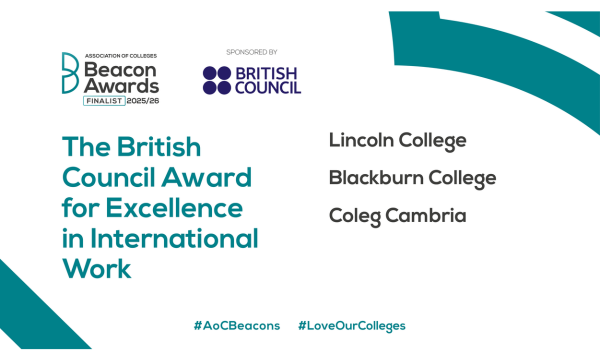A research report published today has identified several key themes to help UK businesses commit to addressing issues surrounding gender balance in leadership roles in 2019.
The research was conducted in 2018 by business incubation network Sussex Innovation, on behalf of its member company Momentum4, a consultancy specialising in ‘people performance’. A full report comprising the most interesting findings has now been published to ring in the New Year, and is available to download at http://www.momentum4.co.uk/the-women-in-leadership-report-2019/
The report examines the complex range of factors at a societal, organisational and individual level that hold women back from equal representation in businesses, and suggests strategies for beginning to overcome some of these challenges internally. It breaks the topic into three sections:
The Current Situation
Established statistics suggest that women are under-represented in leadership teams from start-ups to the FTSE100, but in positive news, the proportion of female founders is growing among younger age groups. 71% of survey respondents felt that “unconscious bias from management” was a major factor in the imbalance, with “lack of confidence” and “career disruption due to maternity leave” also ranking highly.
Psychological Barriers and Emotional Intelligence
Confidence – or lack of it – was also the biggest psychological factor that women cited as hindering their career progression. 75% of respondents felt that they had experienced “lack of confidence” that had held them back at some stage of their careers. Meanwhile, a wide range of emotional intelligence skills were seen as vital for strong leadership – particularly “learning how to influence others” (67%).
Women Supporting Women?
A linguistic analysis of the open responses to the survey revealed a complex picture of female relationships in the workplace. While many participants mentioned concrete examples of the support networks that are evolving around women in business, others employed adjectives such as “undermining”, “jealous” and “aggressive”. This perhaps hints at a mood of intense competition over a limited number of leadership roles ‘for’ women.











